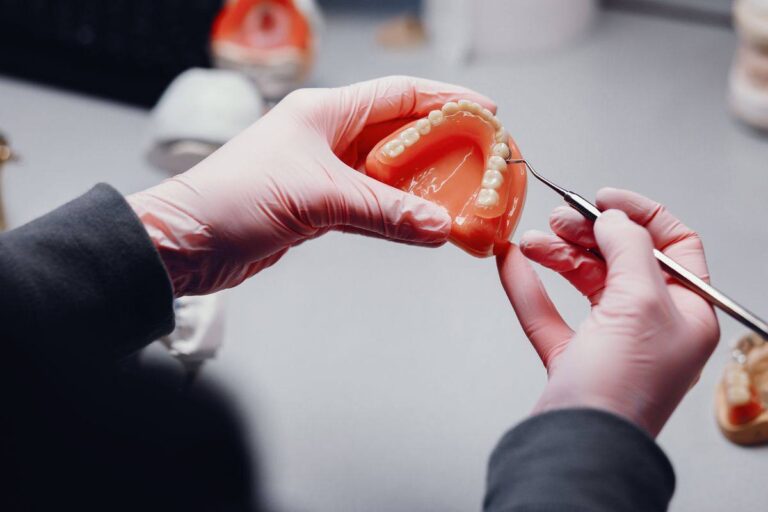
If you’re a registered nurse passionate about nutrition, then a Family Nurse Practitioner master’s program might be your perfect next step. This way, you’ll make a big difference on your patient’s health everyday choices. Below are six key ways this advanced degree prepares you to handle nutritional challenges:
- Incorporating Nutrition into Patient Assessments
One of the first things you’ll learn is how to integrate nutrition into your patient assessments. Your FNP program will teach you to evaluate dietary habits as part of the overall health assessment.
You’ll learn how to identify nutritional deficiencies, ask the right questions on dietary habits, and interpret clinical signs stemming from nutritional issues. You can incorporate nutrition in your patients’ routine assessments while offering a holistic care that addresses both medical and dietary needs.
2. Understanding the Basic of Nutrition Science
Family Nurse master nursing programs are a solid foundation in your nutrition science training. In these courses you’ll learn the fundamental functions of the macronutrients including the proteins, carbohydrates, and fats. Some of these enzymes are involved in generation of energy, repairing of cell structures, and numerous metabolic reactions.
You will also familiarise yourself with the macronutrients such as vitamins and minerals which are vital for instance in the immune response, bone formation, and the nervous system. You’ll also focus on the diet for each life cycle and how these requirements vary depending on age, health, and other factors.
3. Developing Customised Nutrition Plans
You’ll gain the skills to create individualised nutrition plans that align with your patients’ health goals. Whether it concerns diabetes type 1 or 2, obesity treatment, or gastrointestinal problems, you will learn how to provide dietary recommendations anchored on your patients’ history, food choices, and habits.
4. Integrating Nutrition Counseling into Clinical Practice
This program will equip you with practical counseling techniques that you can apply to effectively discuss nutrition with your patients. It involves hands-on experience like role-playing exercises and real-life scenarios. This experience will help you to effectively practice delivering nutrition advice.
These simulations will prepare you to adapt your communication style to different personalities and health literacy levels. For instance, you’ll learn how to break down complex nutritional information into simple and actionable steps. This will make it easier for your patients to apply to their daily lives.
5. Navigating Cultural and Socioeconomic Influences on Diet
It’s important to know the various factors that affect food choices.When studying for your FNP master’s degree, you will learn how cultural practices influence eating patterns and appreciate the effects of socioeconomic constraints.
Some of the barriers include lack of access to healthy foods, lack of funds to buy healthy foods, and lack of knowledge on healthy foods. You will ensure that the nutritional recommendation you are giving your patients is culturally appropriate and feasible.
6. Applying Nutritional Preventive Care
Prevention is vital in the healthcare world. In this program, you’ll learn different strategies to promote healthy eating habits. You’ll also support your patients in making sustainable changes and use nutrition to prevent chronic illnesses like heart disease and hypertension.
The above six areas will be instrumental as you advance through your Family Nurse master nursing programs. As a result, you’ll be able to address the complex nutritional challenges that your patients face.





